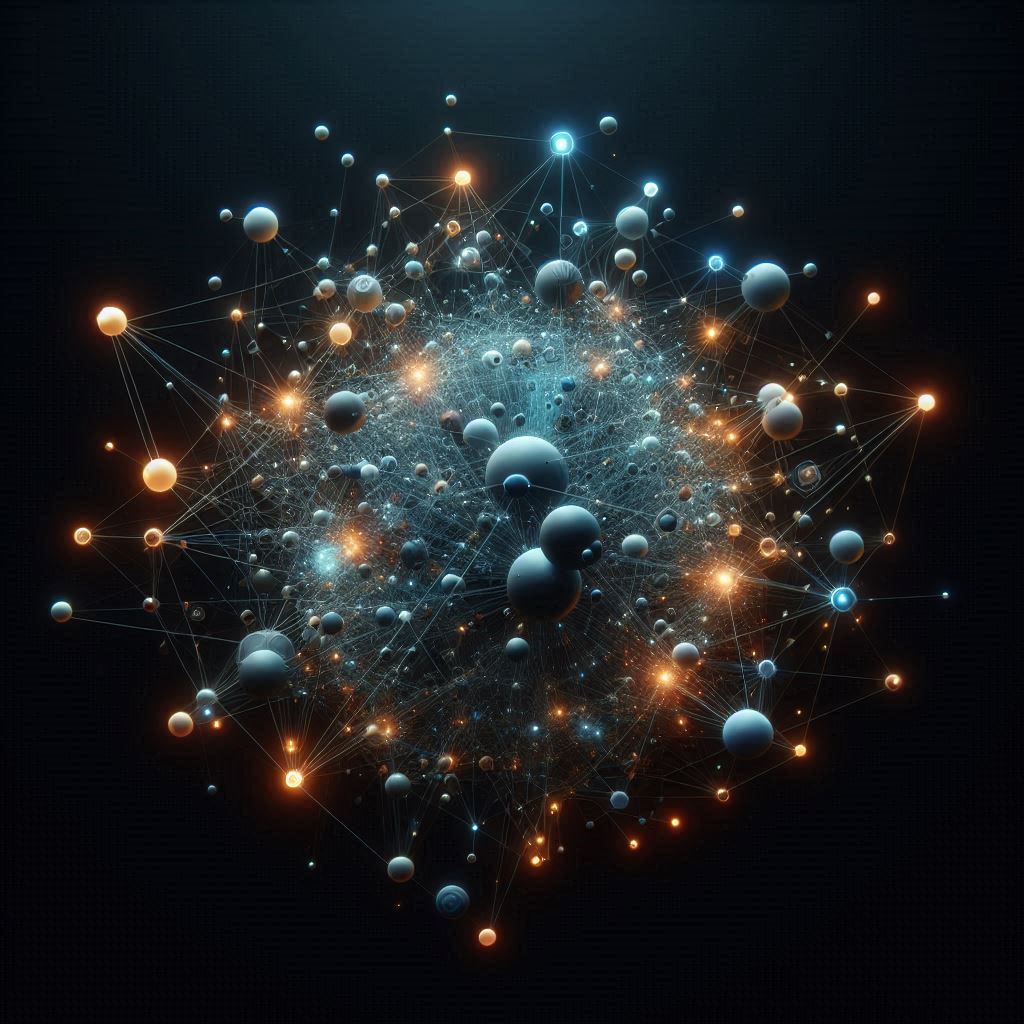Reimagining the Operating System for a New Era of Computing
A Revolutionary Approach to Operating System Design
Genesis OS is an ambitious project to build a next-generation operating system from the ground up, leveraging the power of the Mobius Inspired Cyclical Transformation (MICT/HCTS) framework, Rust, and WebAssembly. We're not just building another OS; we're rethinking the fundamental relationship between the user, the software, and the hardware.
Core Principles
- Adaptability: Genesis OS is designed to adapt to the user's needs, workflows, and hardware, providing a truly personalized computing experience. The MICT cycle drives continuous optimization and learning.
- Security: Built with Rust, Genesis OS prioritizes memory safety and prevents entire classes of common security vulnerabilities.
- Performance: Leveraging Rust and WebAssembly, Genesis OS aims for near-native performance, even within a browser-based environment.
- Modularity: The MICT framework promotes a modular design, making the OS easier to develop, maintain, and extend.
- Open Source: We believe in the power of open collaboration. Genesis OS will be developed openly, with contributions from the community.
- User-Centric Design: The user experience is paramount. We're exploring innovative UI concepts, potentially leveraging game engine technology (Godot) for a rich and intuitive interface.

Key Technologies
- MICT/HCTS Framework: The core organizing principle of the OS, enabling continuous learning and adaptation.
- Rust: The primary programming language for the kernel, ensuring memory safety and high performance.
- WebAssembly (Wasm): Used for running applications and potentially parts of the UI, providing portability and security.
- WASI (WebAssembly System Interface): Provides a secure and standardized way for Wasm modules to interact with system resources.
- Godot Engine: A powerful and flexible game engine used for creating a rich and interactive user interface.
- `blog_os`: Used as an initial learning resource and foundation for kernel development.
- `rust-vmm` (Future): For potential virtualization capabilities.
Project Status
Genesis OS is currently in the early stages of development. We are actively working on:
- Developing the core MICT-based kernel in Rust.
- Building a basic WebAssembly-based environment for running applications.
- Prototyping the Godot-based user interface.
- Establishing a robust build and testing system.
- Creating initial documentation.
Current progress is Early Planning and Core Component Development
Vision for the Future
Our long-term vision for Genesis OS includes:
- A fully functional, personalized, and adaptive operating system.
- A rich and intuitive user interface, leveraging the power of game engine technology.
- Seamless integration with AI (like our JARVITS project) for intelligent assistance and automation.
- A thriving open-source community.
- Support for running existing applications through WebAssembly/WASI and, eventually, virtualization.
- A focus on security, privacy, and user control.
Get Involved
We are actively seeking contributors to help us bring Genesis OS to life! Whether you're a seasoned Rust developer, a Godot enthusiast, an AI expert, or simply passionate about the future of operating systems, we welcome your involvement.
Here's how you can get involved:
- Join our community forum (Coming Soon): [Placeholder - Link to Forum] - Discuss the project, ask questions, and connect with other contributors.
- Contribute to the code (Coming Soon): [Placeholder - Link to GitHub Repository] - Once we have a public repository, you'll be able to contribute code, documentation, and tests.
- Follow us on [Social Media - e.g., LinkedIn, Twitter]: [Placeholder - Links to Social Media] - Stay up-to-date on the latest project news.
- Contact us directly: [Link to Contact Form/Page] - Share your ideas, offer your expertise, or express your interest in collaborating.
Roadmap
- Phase 1 (Current): Proof of concept, basic RUST kernel, simple Godot UI, initial integration of MICT core cycle, very simple task management
- Phase 2: Basic OS functionality (Memory, scheduling), improved Godot UI.
- Phase 3: Refinement, basic features, extensive testing.
- Phase 4: More advanced capabilities, explore AI integration, begin building out "teaching" system.
